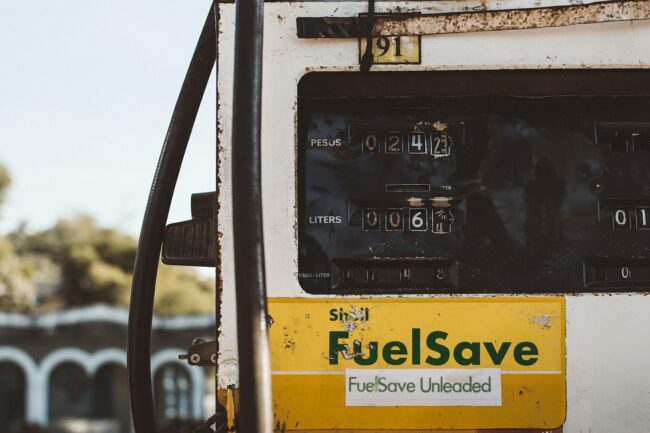Wondering about the longevity of gasoline’s flammability can be more than just a random thought—it’s often a safety concern. If you’re contemplating how to properly store gasoline or how to handle spills, you’ve landed on the right article. With expertise in the field, I’m here to guide you through every nuance of gasoline’s flammability, from the impact of environmental conditions to safety measures you need to take.
Table Of Contents
−- Quick Take: How Long Is Gasoline Flammable?
- The Influence of Environmental Factors on Gasoline Spills
- How Long Can You Expect a Spill to Stay Flammable?
- Dealing with Spills on Porous Surfaces
- Safety Measures: How to Handle a Gasoline Spill Safely
- DIY Clean-Up: Are There Any Home Remedies?
- The Invisible Risk: Are Gasoline Fumes Flammable?
Quick Take: How Long Is Gasoline Flammable?
First off, let’s get straight to the point: Gasoline will generally stay flammable for around 15 minutes under typical conditions. However, this duration can fluctuate due to multiple factors such as temperature, humidity, and the surface on which it’s spilled. The bottom line? Gasoline is highly flammable and even a spill requires immediate attention and appropriate safety measures.

The Influence of Environmental Factors on Gasoline Spills
When it comes to the rate at which gasoline evaporates, environmental factors like temperature and humidity play a substantial role. In an outdoor environment, gasoline is more likely to evaporate quickly due to airflow. Conversely, an indoor spill might linger longer because of the contained environment. So, if you’re dealing with a spill, being aware of these elements is crucial to manage the risks effectively.
How Long Can You Expect a Spill to Stay Flammable?
Knowledge is power, especially when it comes to dealing with hazardous materials like gasoline. The period for which a gasoline spill remains flammable isn’t set in stone—it varies. However, it’s generally agreed that the risk zone lasts for around 15 minutes. On the extreme end, gasoline can remain a fire risk for up to 5 minutes after the spill.
Note: The flammability range for pure gasoline is between 3.6% and 100%. What this means is that gasoline is so volatile, it can ignite even when air is not present. Even if the fumes are hazardous; they can be ignited and should be considered when assessing the risks of a spill.
Dealing with Spills on Porous Surfaces
When gasoline is spilled on porous surfaces like soil or concrete, the gasoline is absorbed, prolonging its flammability. A spill on these kinds of surfaces needs a different kind of attention and more time to evaporate. In the event of a spill on a sloped surface, it’s crucial to contain the gasoline to prevent it from spreading to other areas and increasing the fire risk. Clean-up should involve absorbent materials specifically made to tackle liquid spills.
Safety Measures: How to Handle a Gasoline Spill Safely
Your safety and the safety of those around you should be the top priority when faced with a gasoline spill. Before you attempt any clean-up, ensure that all ignition sources are turned off and that the area is well-ventilated. Equip yourself with protective clothing and always have a fire extinguisher within arm’s reach. If a spill is too large to manage, it’s wise to call your local fire department for professional help.
DIY Clean-Up: Are There Any Home Remedies?
While professional clean-up methods are highly recommended, there are some household items like clay-based cat litter that can be effective for small spills. This litter acts as an excellent absorbent and can also help with odor removal. Remember, any clean-up needs to be prompt and thorough to reduce the risk of ignition. Once the spill is managed, dispose of the waste following local environmental guidelines.
The Invisible Risk: Are Gasoline Fumes Flammable?
Absolutely, gasoline fumes are not to be underestimated; they’re extremely flammable. These fumes can even catch fire from a distance of up to 12 feet. Proper ventilation is essential when cleaning up, as is keeping away all potential ignition sources. For significant spills, contacting emergency services is the safest course of action. Keep monitoring the area even after the spill is cleaned up to ensure that the flammability risk has completely passed.
By understanding the nature of gasoline and how long it remains flammable, you can take the right precautions to ensure safety for yourself and others. From the type of surface to environmental factors and safety measures, being informed is your best defense against the risks associated with gasoline spills.

Editorial Staff
Our writers, editors, content managers, and SEO specialist. We all take part in crafting amazing articles. We spend hours ensuring that each article is based on facts, researched, and thorough. You'll never want to click the back button to look for more answers other than here!
